“We really only had three weeks between the very difficult spring, which was costly and exhausting for farmers, and the drought, which has meant a busy and costly summer,” according to Pat McCormack.
His first year in the ICMSA presidency is proving challenging. A recent round of public meetings in conjunction with Dairygold brought home the depth of the problems.
“There are more women at our meetings. That is a positive, but it’s also a sign that things are really biting. There are numerous instances of farmers who have 50 bales or so left, and a few are buying in feed – they have none.
“The first hurdle to be jumped is the fodder crisis. We need to maximise what can be grown here. It will be the cheapest and best solution compared with imported fodder. The measures announced last week for tillage farmers are to be welcomed, but should be extended to all farmers. Many livestock farmers have been burned off for reseeding and could plant a forage crop. Every bale will be precious.’’
Plan
“It’s critical that farmers form a plan. Some will get out under the wire with 50 or 60 bales, so there are opportunities to tick as many people off the list as possible.
‘‘Farmers need to know what stock they are going to carry through the winter."
McCormack said that it is one thing to bring in the fodder, if it is available, but that Minister Creed also needs to look at the national herd.
“He needs to maximise what boats are leaving the country in order to minimise what cattle we carry over the winter.
“He also needs to look at whether we should incentivise the early cull of stock. It was brought up at our national council meeting and discussed. It would be an unprecedented measure, but we are in an unprecedented situation.
“The meat factories need to get on board. They are the one absentee from the fodder forum; all the other stakeholders are involved. 2018 has the potential to change Irish agriculture, and not for the better. One of the big losers, in the long term, could be the meat industry,” he said.
Co-op warning
The primary producer, the farmer, is the fuel line for the entire dairy industry, and has to be kept there, McCormack told the Irish Farmers Journal.
‘‘I know that the co-ops have supplied a lot of merchant credit, but milk price is the main driver. The single issue that I have received most contact about since taking office in the new year was the May milk price announced by Glanbia.
“The June price was an immediate improvement, but with grain prices increasing, the dairy market indicators are positive and we’ve seen 100,000t of powder leaving intervention.
“The co-ops can’t be reckless, but the balance sheet must take second place to keeping the primary producer in place this year,” he said.




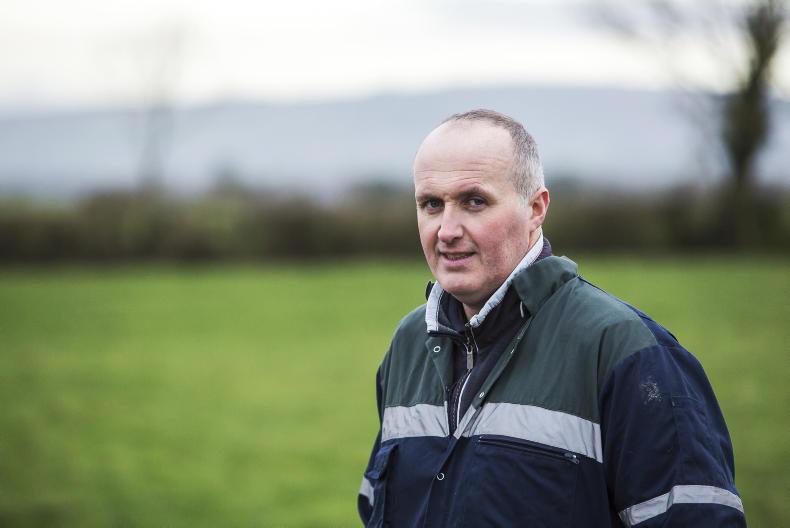
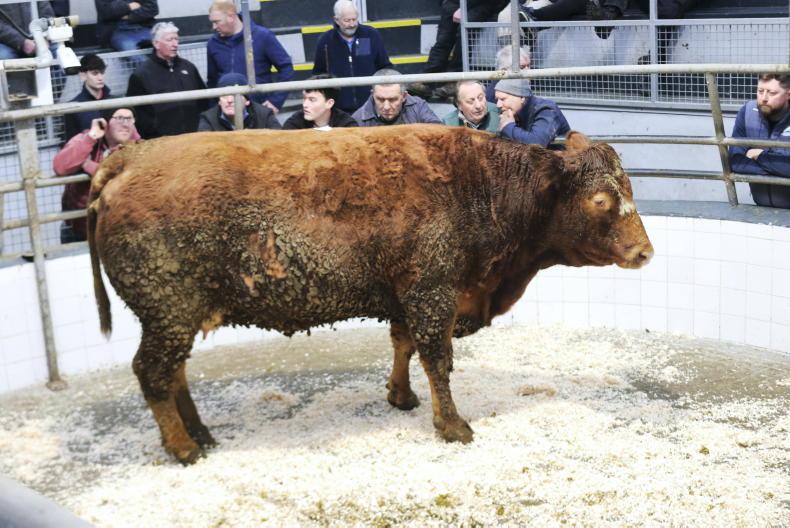

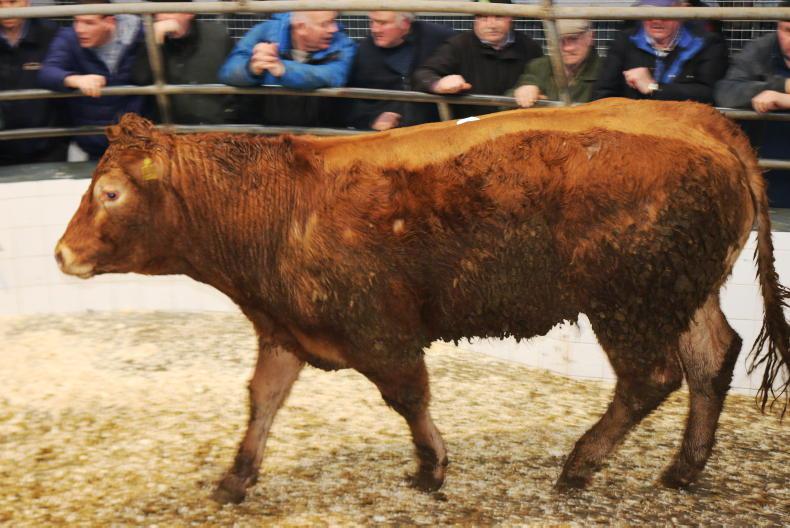
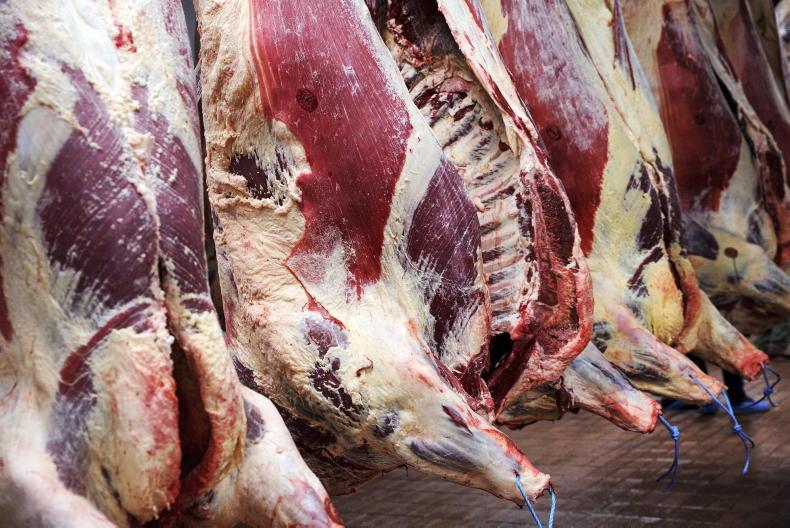
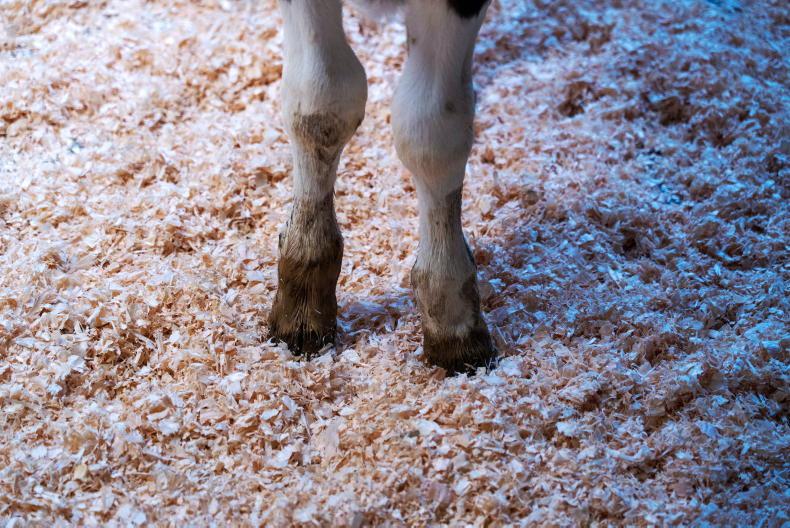
SHARING OPTIONS